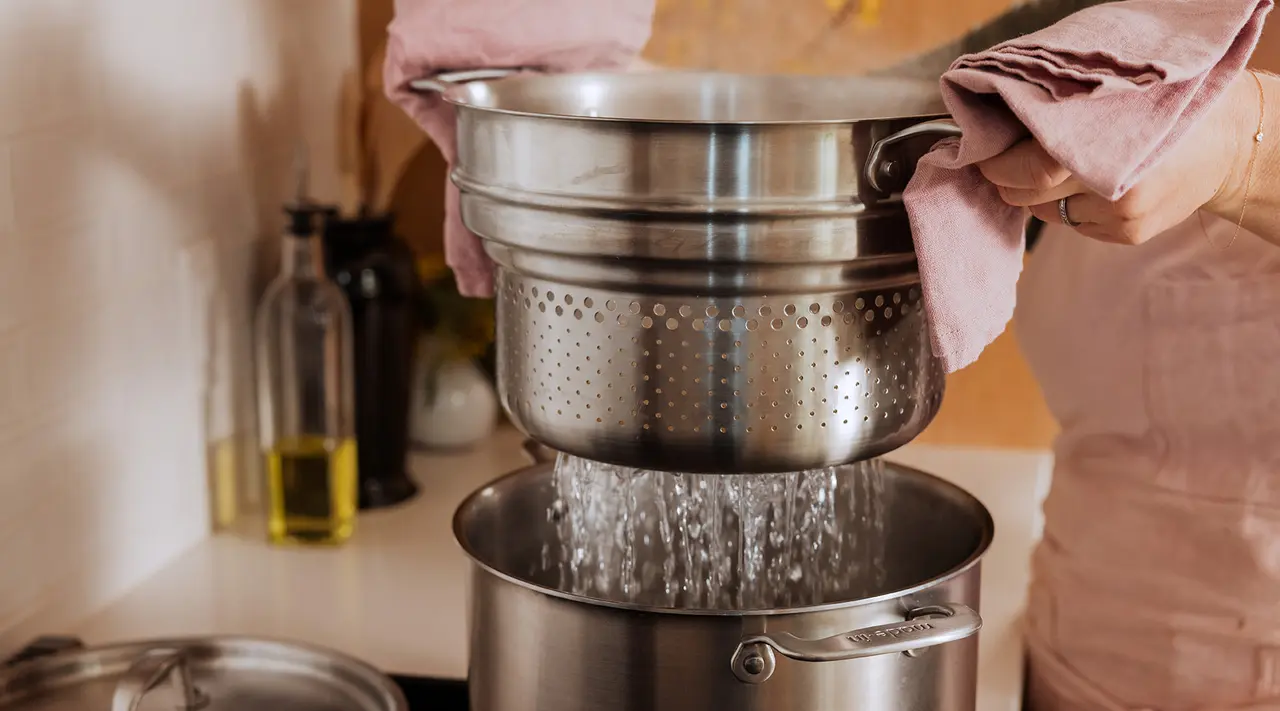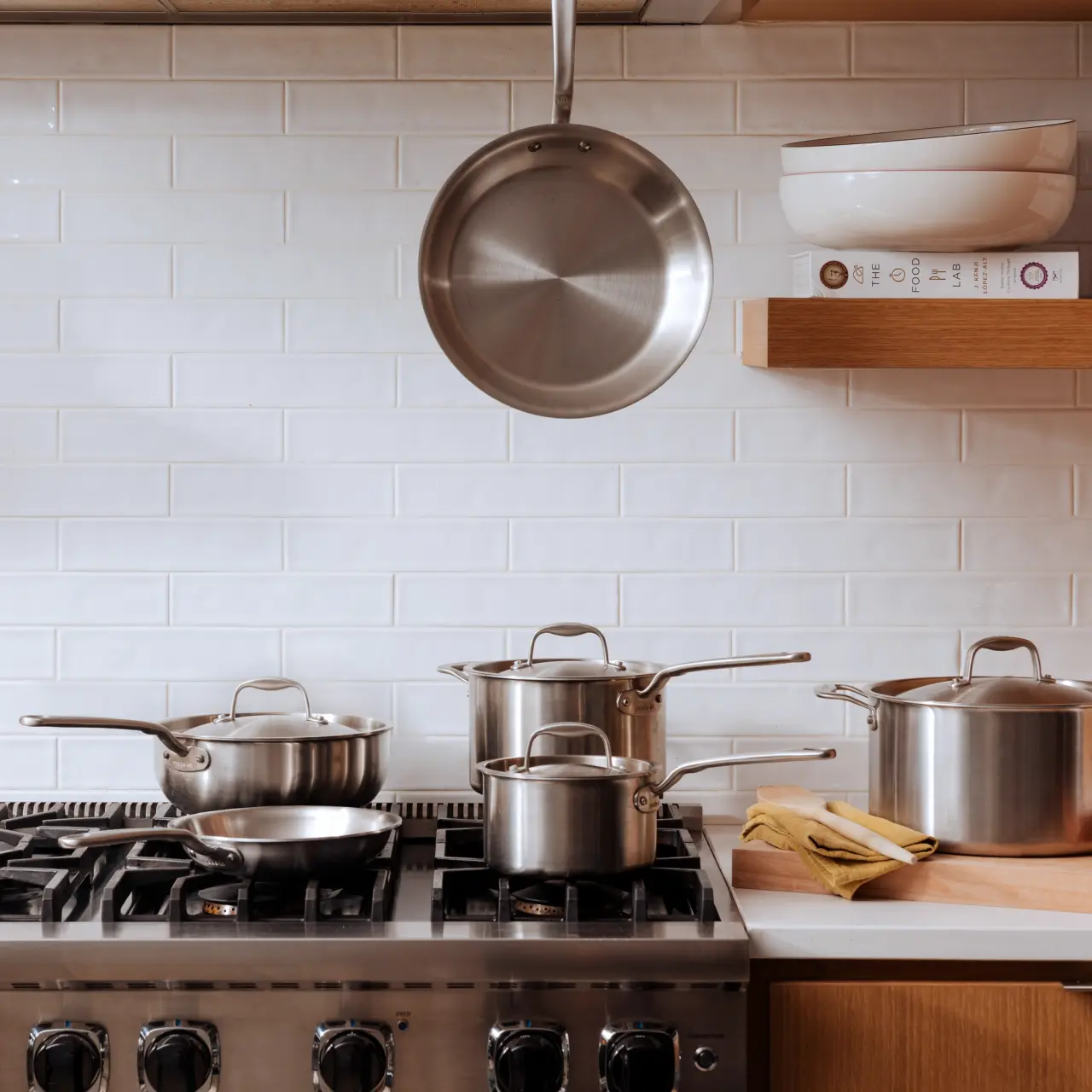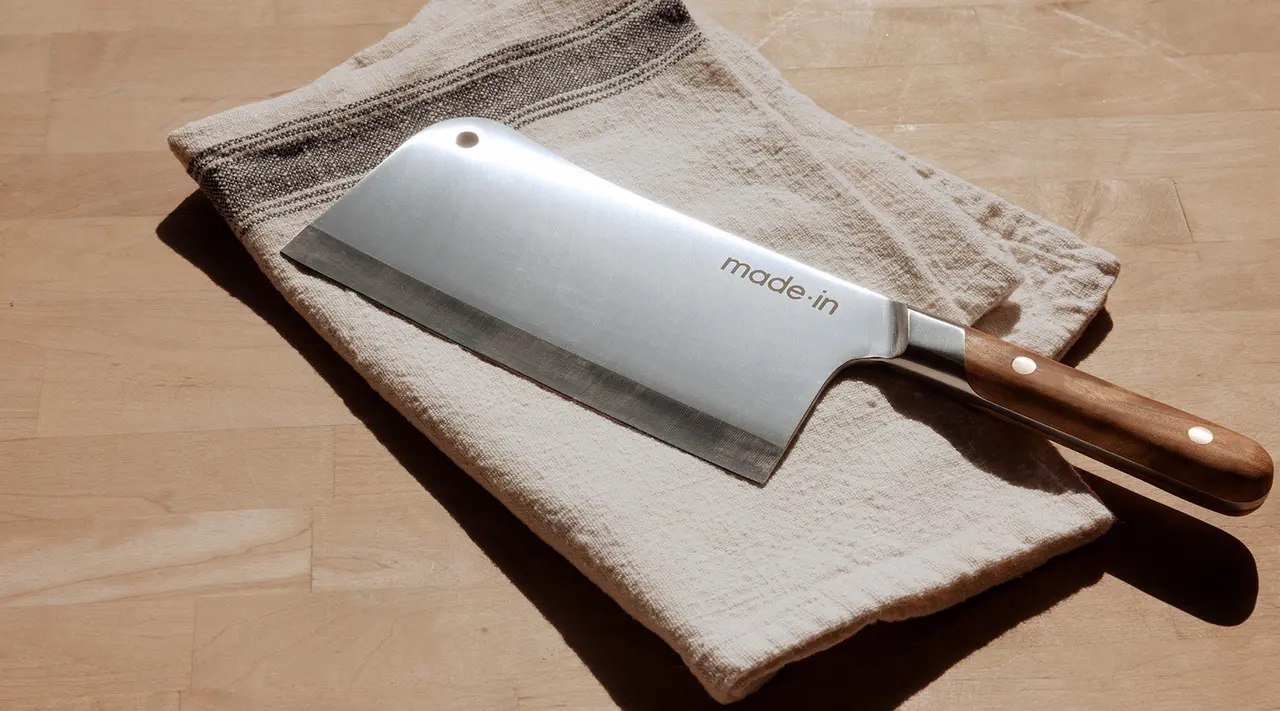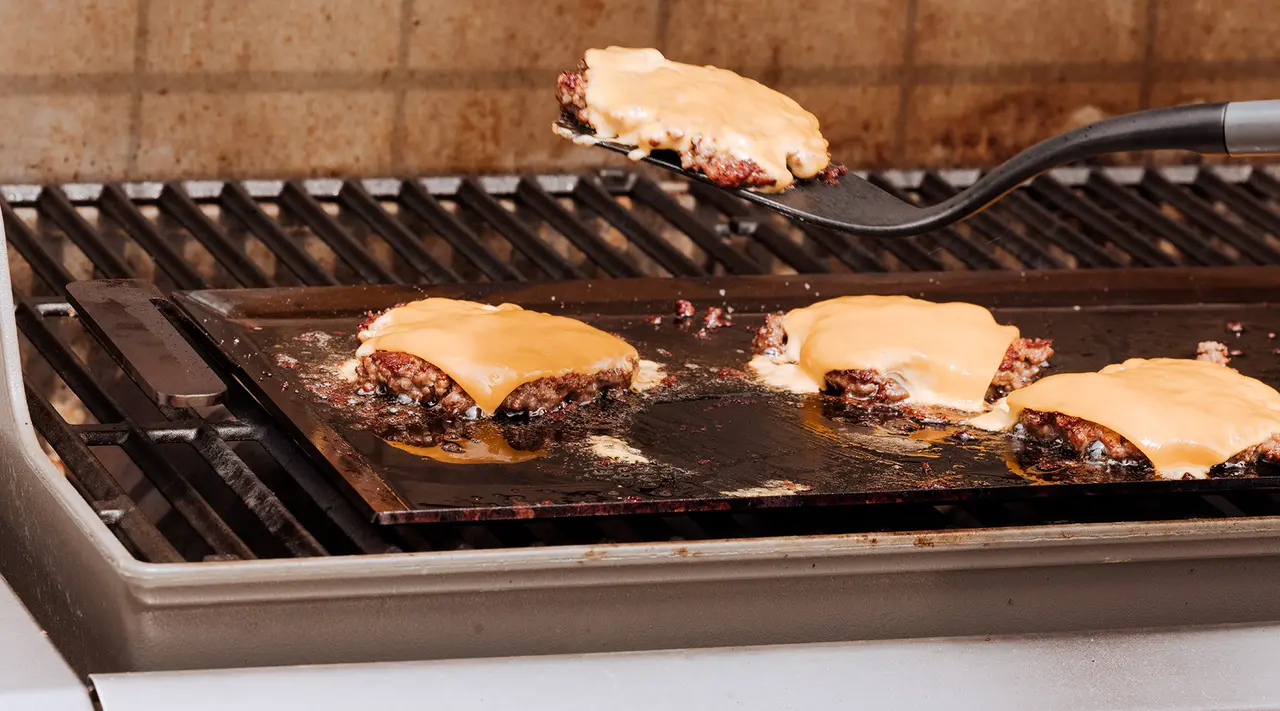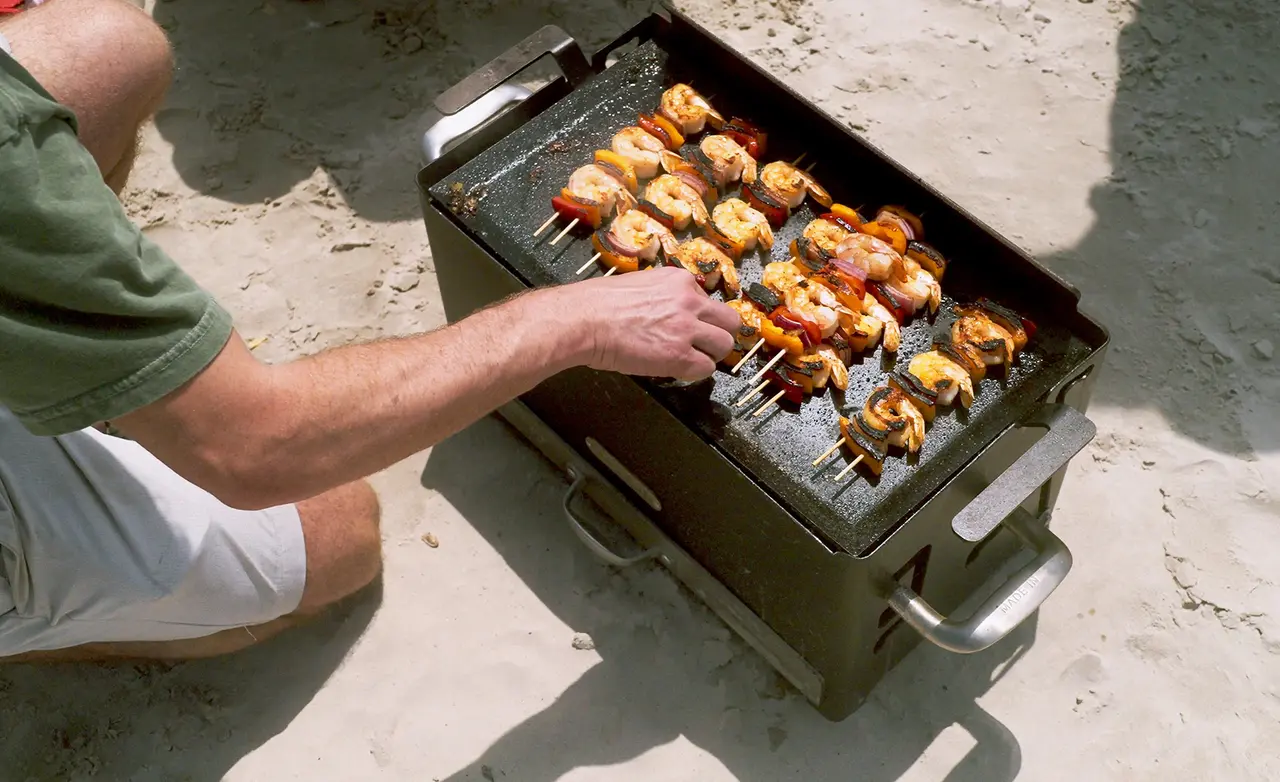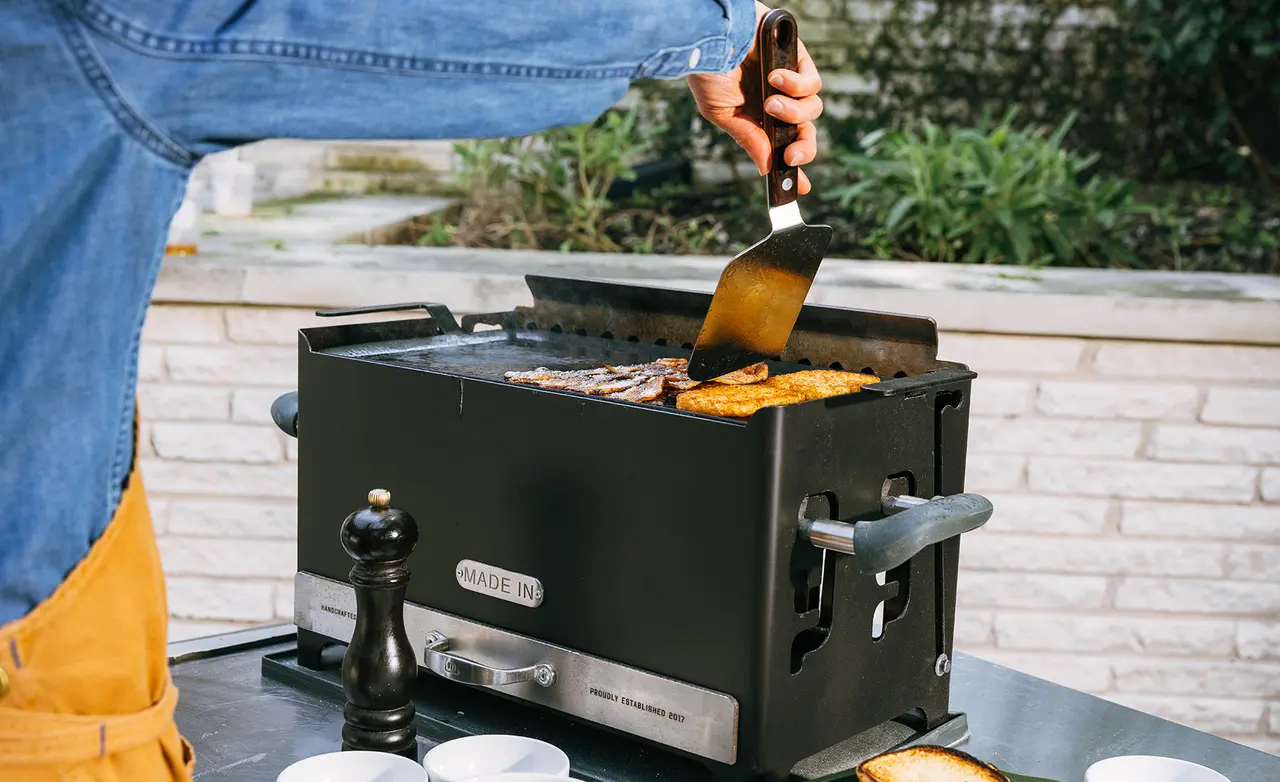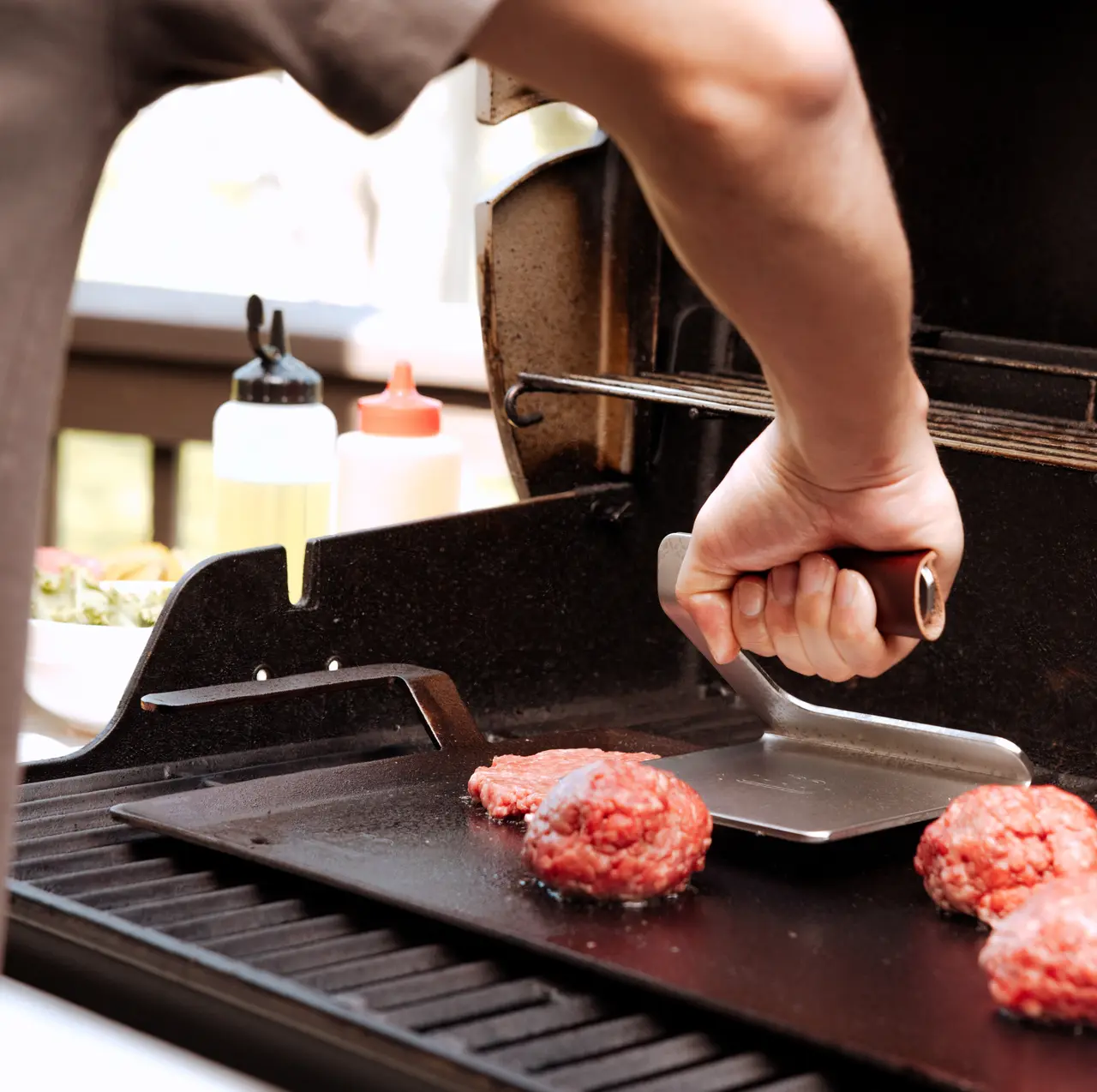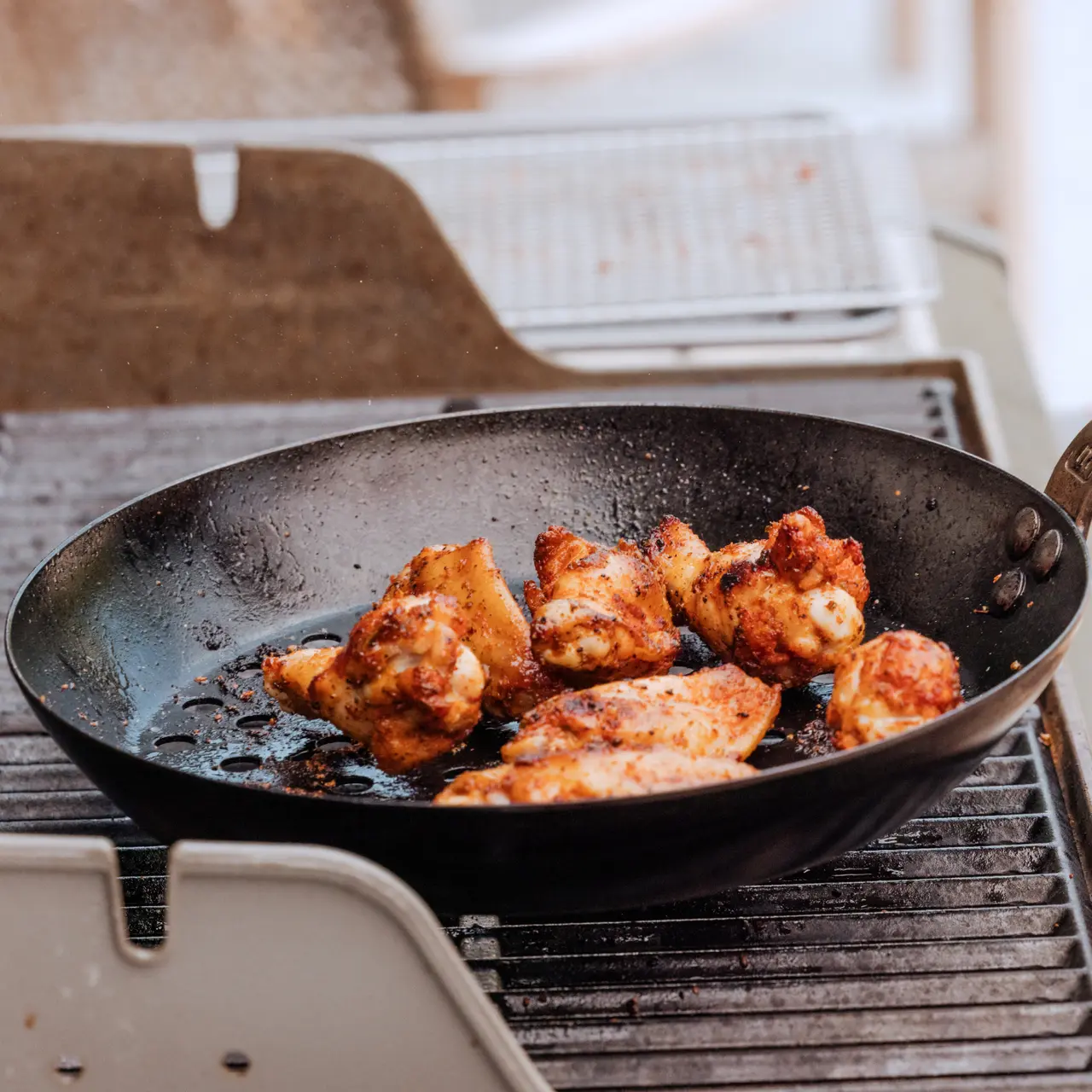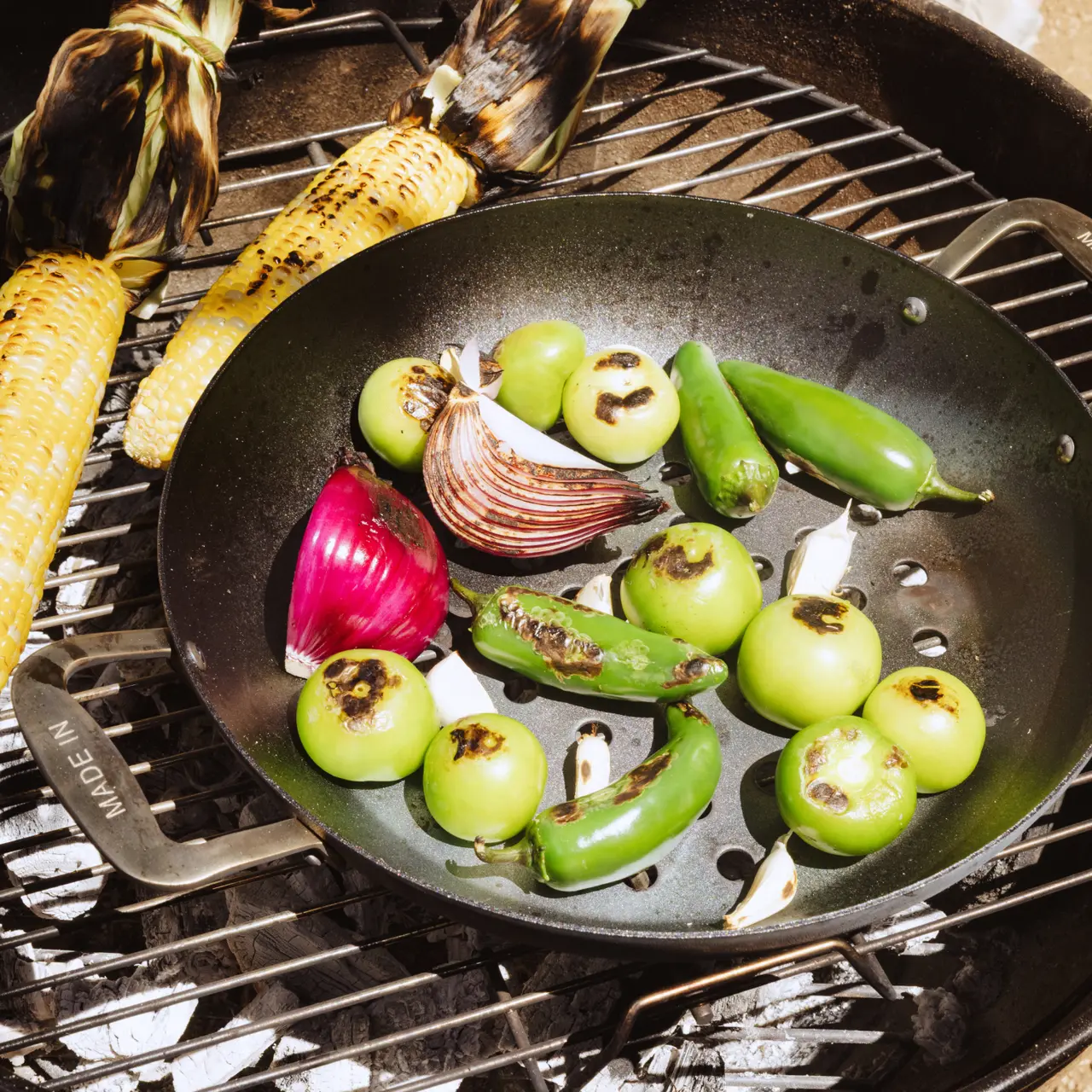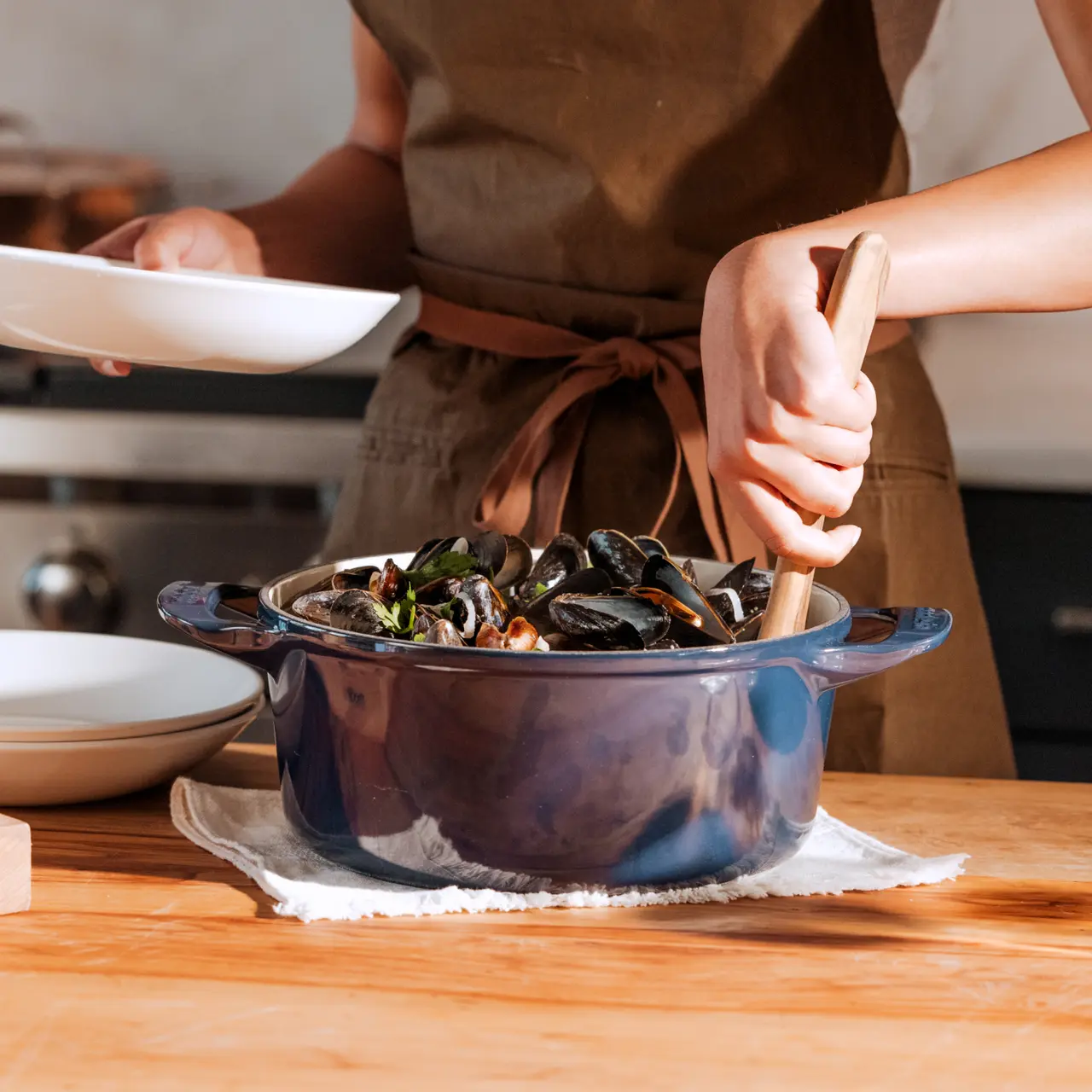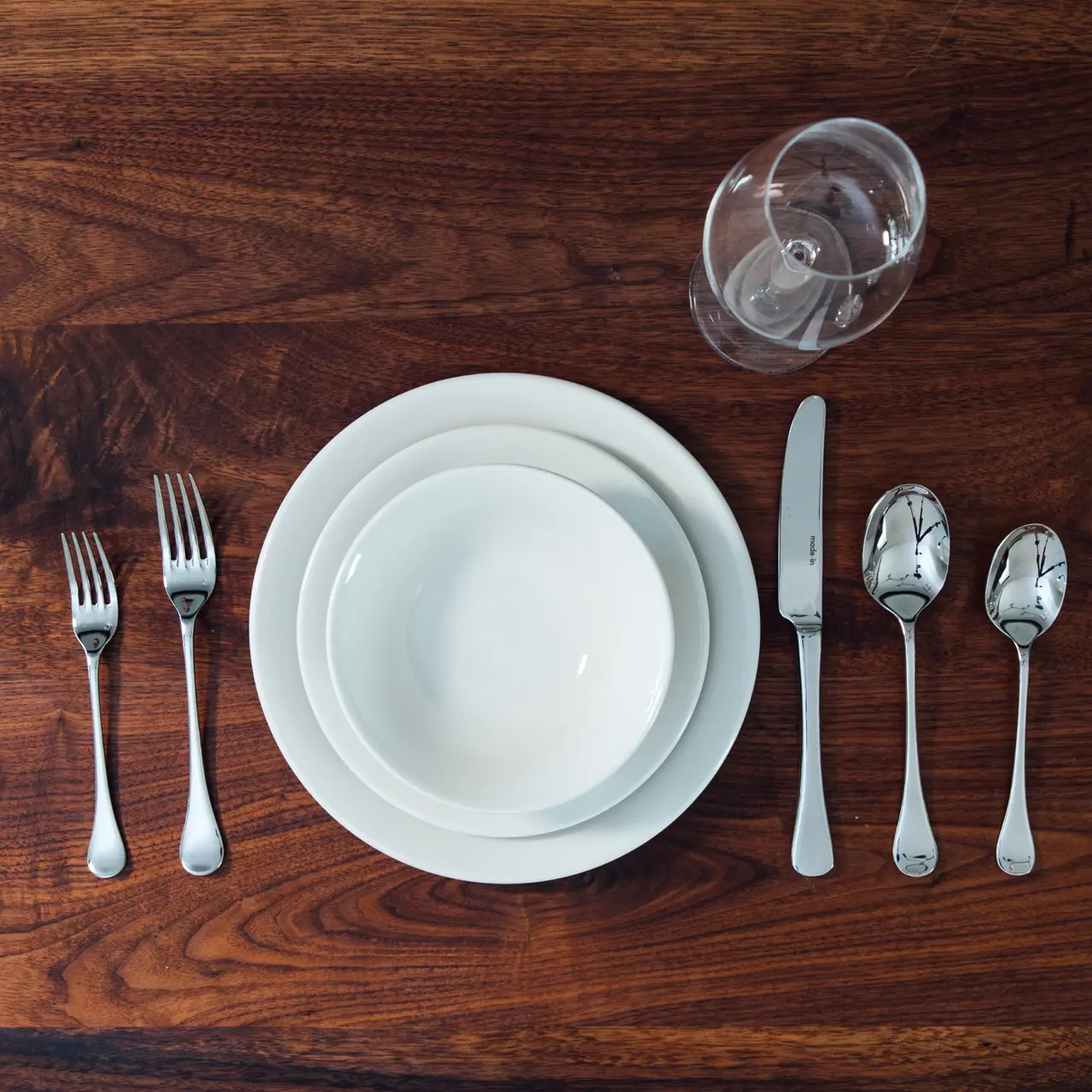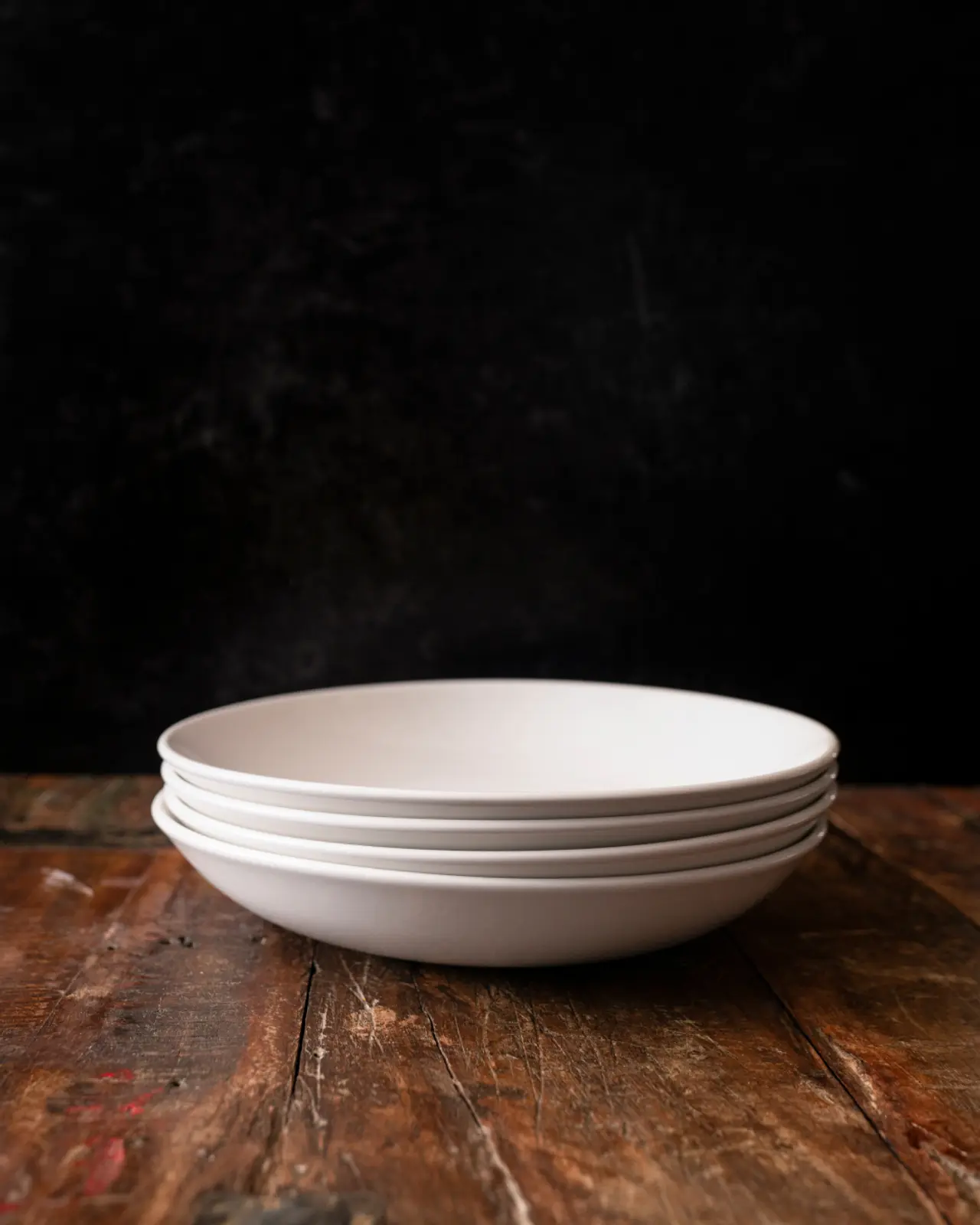Austin-based Chef Jo Chan has one rule when making pasta—always reserve your cooking water. It’s an easy step you can take to make your pasta taste like it came from a restaurant. While the quality of the pasta and the seasoning in the sauce is important, pasta water is by far the most overlooked ingredient in the process, with the power to transform your humble weeknight dinner into something truly special.
Salt Your Water
You should season every component of the dish as you cook, and your pasta water is no exception. Don't add olive oil to your water however, reminds Chef Chan. “Adding olive oil actually makes it harder for your pasta and sauce to come together.” Using pasta water in your sauce however, has the opposite effect.
If you’re wondering how much salt to add, you probably haven’t added a sufficient amount. “I tell people to add enough salt so that it tastes like the salinity of an oyster,” says Chef Chan. If you aren’t familiar with oysters, a good fistful or about four tablespoons of salt is an excellent place to start. “Just make sure you’re able to notice the salt when you taste the water,” she says. Feel free to do less, you can always add more later.
Cook Until Almost Al Dente
If you cook your pasta until it’s fully done, when you finish it in the sauce, it’ll end up thoroughly overcooked. Chef Chan recommends cooking your pasta until it's just shy of al dente. “What’s great about using pasta water is that you can pull the pasta when it is 85% cooked and finish the last 15% in the sauce using the pasta water to help it continue cooking, so the pasta and sauce marinate together,” says Chef Chan.
Emulsify
Once your pasta has reached that nearly al dente stage, drain it, reserving about a pint of the water. Then, begin adding the water one tablespoon at a time to the sauce. You’re looking for a thick, almost spreadable consistency, so it can coat the noodles. Keeping the sauce at a constant simmer, add your pasta back in. If your sauce ever seems too thick, add another tablespoon of water. Your pasta will finish cooking in the sauce, and once you give it a good stir, it should come together in just seconds.
Now that you know the secret to cooking restaurant-worthy pasta, use the pasta water trick in your next Sunday night supper for delicious results. To make reserving your pasta water even easier, try out our Pasta Insert Set to seamlessly move your noodles from pot to pan.
